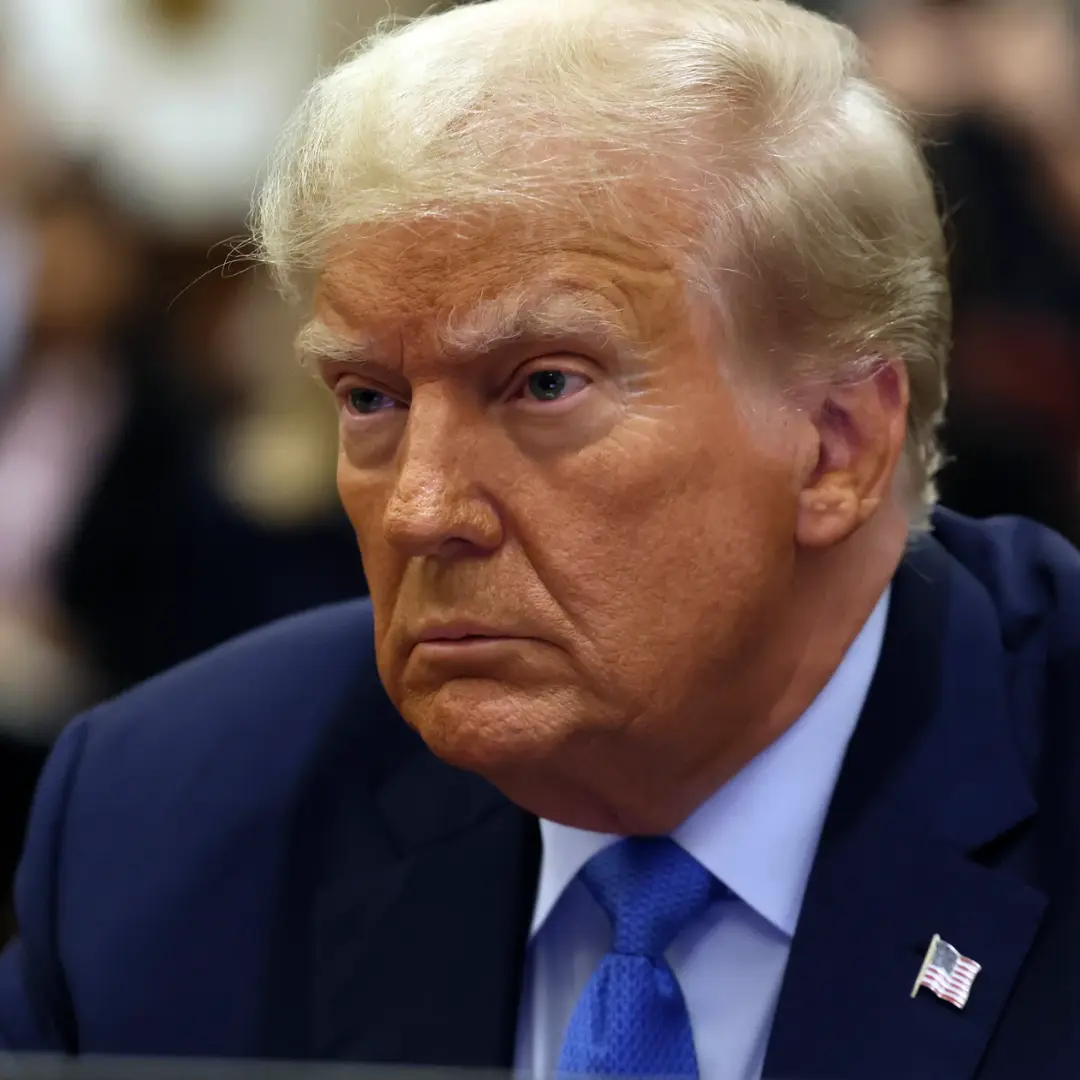Donald Trump has proposed a significant overhaul of the U.S. tax system as part of his campaign for re-election. His plan involves eliminating all income taxes and replacing them with tariffs on imports. This radical shift aims to transfer the tax burden from American individuals and businesses to foreign goods entering the U.S. market.
Trump’s proposal is rooted in the idea that by imposing tariffs on imports, the government can generate revenue without directly taxing the income of its citizens. Tariffs are taxes levied on products imported from other countries, and the revenue from these tariffs would be intended to replace the revenue currently collected from income taxes. This approach is seen as a way to protect and promote domestic industries by making imported goods more expensive and therefore less competitive compared to U.S.-made products.
Proponents of this plan argue that it could stimulate domestic economic growth. By removing income taxes, individuals and businesses would have more disposable income and capital, which they could then spend or invest within the U.S. economy. This increased spending and investment could lead to higher production levels, job creation, and overall economic expansion.
Moreover, this strategy is seen as a way to address trade imbalances. By making imports more expensive through tariffs, Trump aims to encourage consumers to buy American-made products, thereby supporting local manufacturers and potentially reducing the trade deficit.
However, there are significant criticisms and potential drawbacks to this plan. Critics argue that tariffs can lead to higher prices for consumers, as the increased costs of imported goods are often passed on to buyers. This could result in inflation and a decrease in the purchasing power of American households. Additionally, there are concerns about retaliatory actions from other countries, which could impose their own tariffs on U.S. exports, potentially harming American businesses that rely on international markets.
Furthermore, the elimination of income taxes could lead to substantial revenue shortfalls if the tariffs do not generate sufficient funds to cover government expenditures. This could impact funding for essential services and social programs.
In summary, Trump’s proposal to replace income taxes with tariffs on imports is designed to shift the tax burden to foreign goods, stimulate domestic economic growth, and address trade imbalances. However, it faces significant challenges and criticisms regarding its potential impact on consumer prices, international trade relations, and government revenue.









